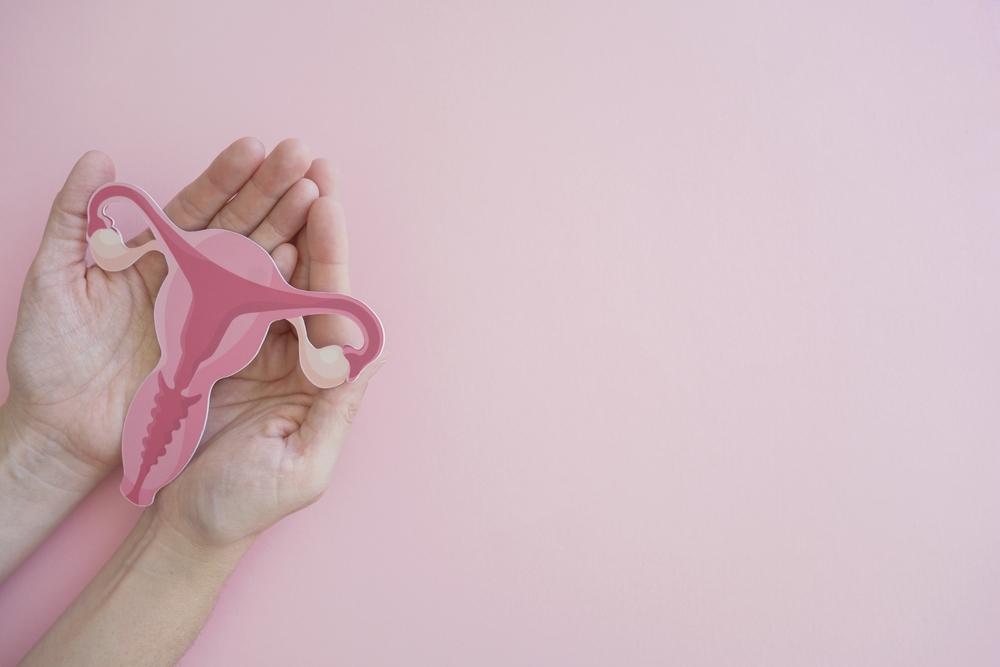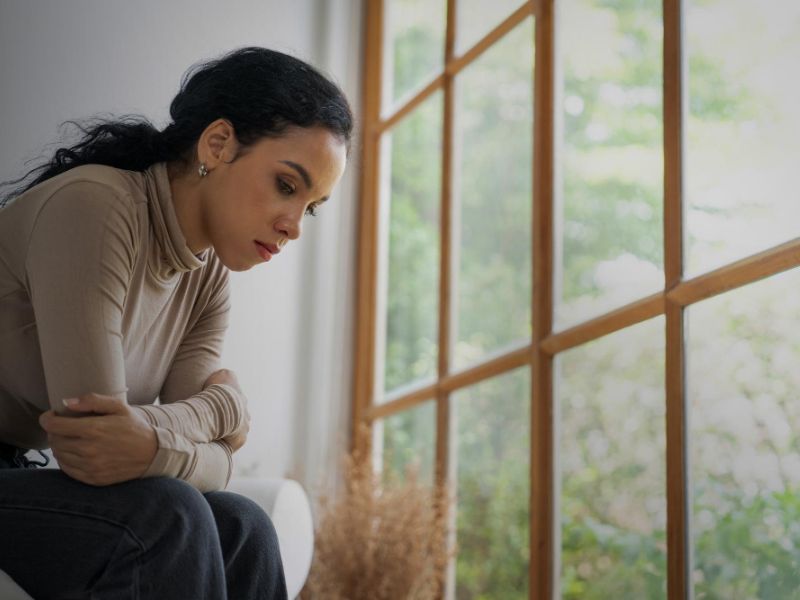Article by Alison Meadows, CEO of Priority Digital Health
While significant gender healthcare disparities remain, a shift in political attitude, supported by a recognition that women and men have different health needs throughout their lives, should herald a new era of healthcare for all.
The challenge is not only in changing clinician awareness and understanding and creating better, more relevant pathways for female specific health issues, but also encouraging women to demand better health outcomes, from puberty through fertility, menopause and beyond. Better information combined with tailored, relevant service delivery will be key to achieving the early intervention that underlines the preventative care model.
Women’s Health Strategy
The NHS’ introduction of a women’s health ambassador to address gender health inequality is hugely welcome. The reasons for the appointment, however, underline the endemic challenges that remain surrounding women’s treatment within the NHS: four out of five women believe they are not properly listened to by doctors and other health professionals.
From periods to menopause, contraception to fertility, women’s issues have been side-lined at best, ignored at worst, for generations. Nearly two-thirds of respondents with a health condition or disability said they did not feel supported. Issues over which women felt ignored or belittled included miscarriage, menopause, and debilitating symptoms and chronic pain, including endometriosis. This health gap is exacerbated for overweight women — anti-fat stigma can result in doctors failing to diagnose an issue, focusing on weight loss instead — or a woman of colour. Black women in the UK are four times more likely to experience complications or even pass away in pregnancy and childbirth.
This conflation of such serious issues is hugely damaging to women’s health outcomes – and goes against the NHS drive towards improving preventative care and embracing a far more holistic approach to patient health. Weight gain, for instance, may also be linked back to conditions such as ongoing period pain, fertility concerns, or perimenopause. Failure to consider the patient in a whole will inevitably lead to crises – it is unacceptable that nearly a million women in the UK leave the workforce due to menopause symptoms or that so many young lives are devastated by endometriosis.
Awareness and understanding
The misdiagnosis of endometriosis is a prime example of the inequities in women’s health. Despite its prevalence – in up to 8.6% of women of reproductive age, rising to up to 68% of infertile women, average delays in diagnosis range from six to 11 years. These delays exemplify the need for change – not only in improving clinician awareness and creating dedicated care pathways but also in ensuring women have a far better understanding of their own health and are empowered to speak up.
Misunderstanding is widespread – one of the three most common reasons for a delay in endometriosis diagnosis is believing that symptoms are normal. The misbelief that, however painful or life-limiting, these problems are normal affects every area of women’s health. While menopause is now being discussed far more openly, there is still a focus on the physical symptoms, including hot flashes and weight gain. Many women remain unaware that experiences of chronic anxiety and insomnia could also be linked to hormonal change – and are often prescribed anti-depressants rather than exploring menopause-specific solutions.
Digitally empowered
Over the past decade, the use of period tracking and menopause apps has grown rapidly, with women increasingly confident in sharing both data and experiences. Trusted digital tools are helping with symptom checking, reassurance, education and understanding. This encourages both a better understanding of issues and a recognition that women can and must ask for help when experiencing symptoms, enabling clinicians to achieve preventative care goals and minimising the risk of devastating crisis events.
Digital platforms will also help women to reach out for help. The confidentiality of the online model is particularly valuable for those women uncomfortable discussing their concerns with a doctor face or face or those who need to keep any interactions with the health service about menopause, periods, contraception or pregnancy completely private.
Women will not, however, continue to reach out if the quality of the experience delivered fails to match up to the claims of health equality. Patients will need to feel not only empowered by information but also heard, understood and supported by clinicians. They will need to see care pathways and services designed to meet the needs of women – from female-specific weight loss plans to menopause support groups. Holistic, joined-up, female-centric care must be a foundation for the future of NHS service delivery.
Conclusion
The new, long overdue, focus on health equality irrespective of gender is extremely positive. It recognises, finally, that hormones affect men and women differently throughout every life stage, and that a ubiquitous, one-size-fits-all all approach undermines health outcomes for all. Matching strategic thinking with patient experience will require change. Both clinicians and patients need education; they need to be empowered with information and services that reflect the needs of the local community.
Equality of health access regardless of gender should be an imperative – and digital tools will play a vital role in educating and empowering individuals to access the right level of care at every stage of their lives.
Further menopause support can be found here.









